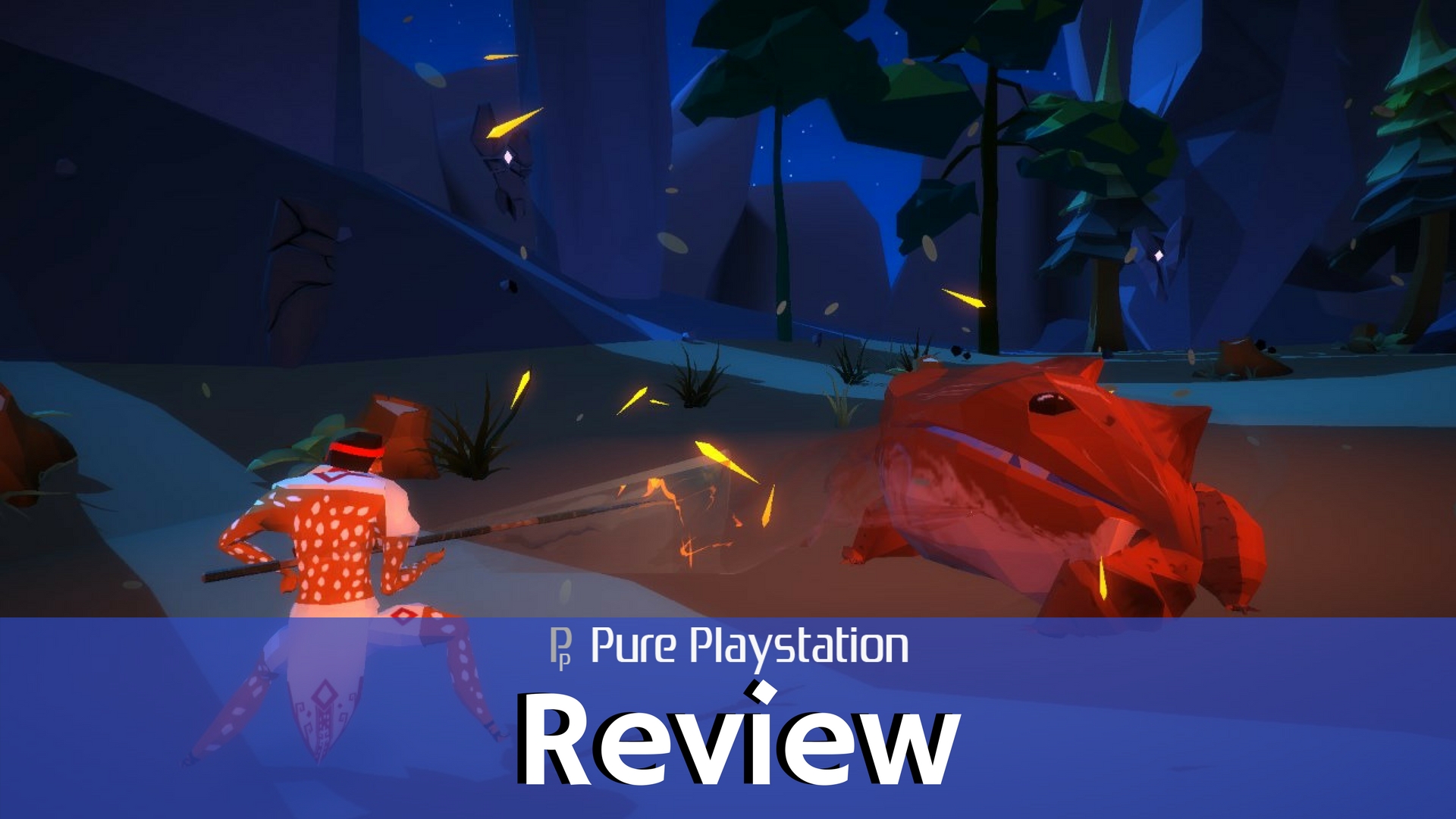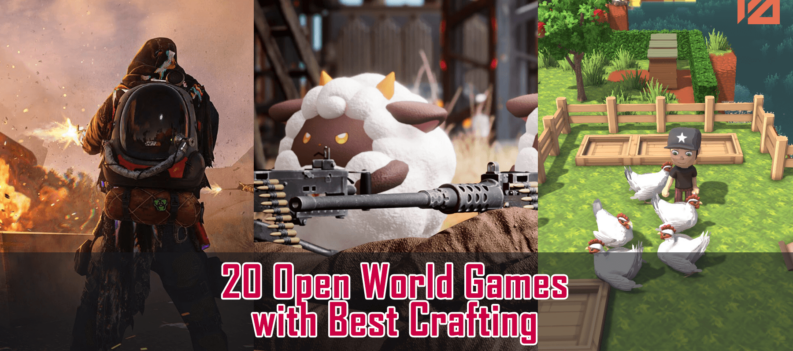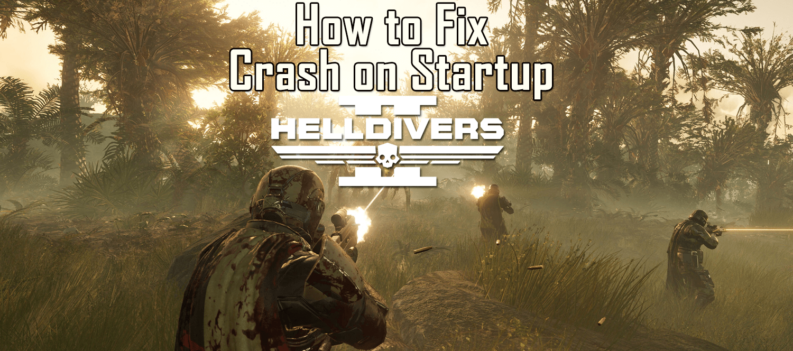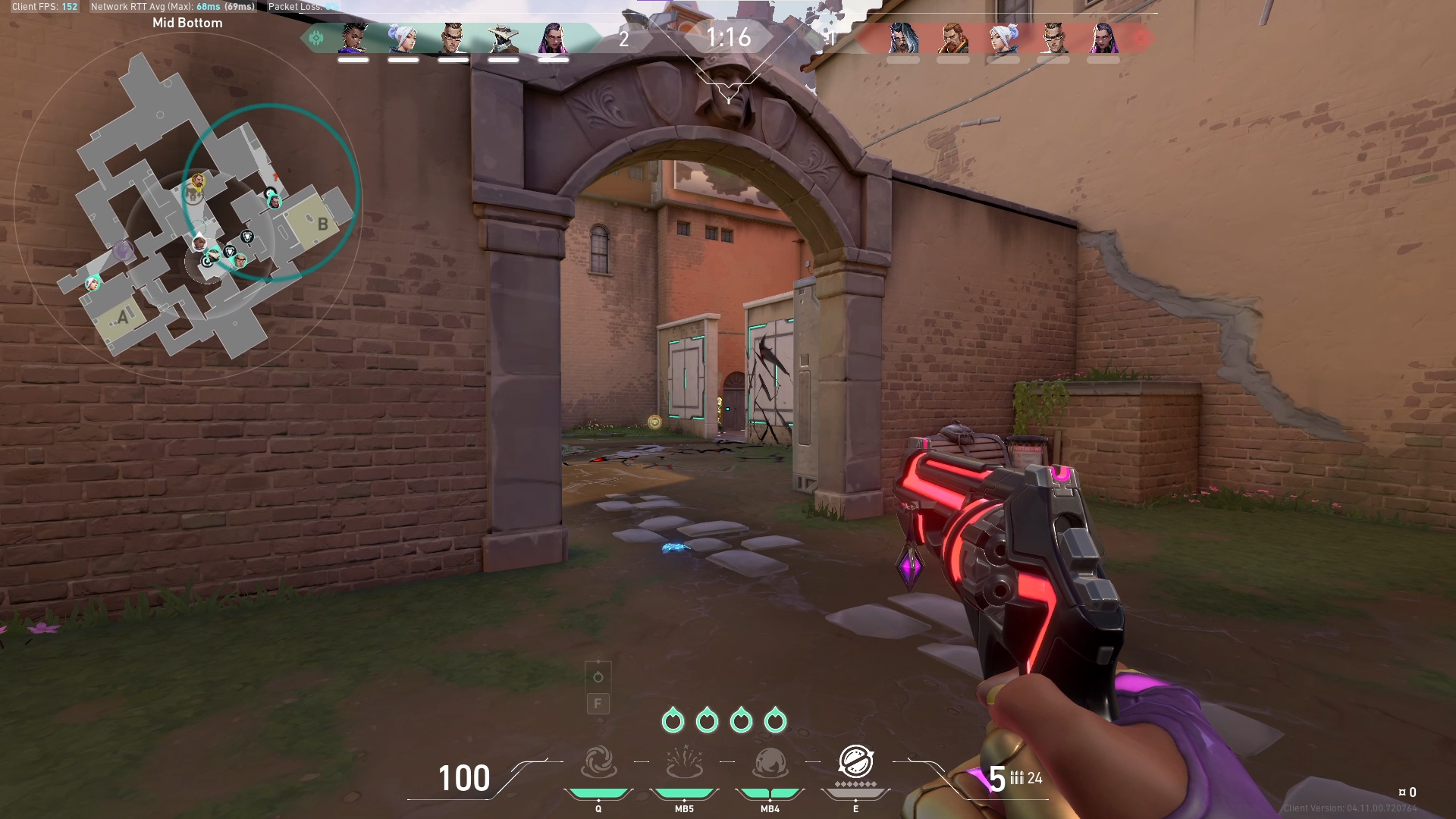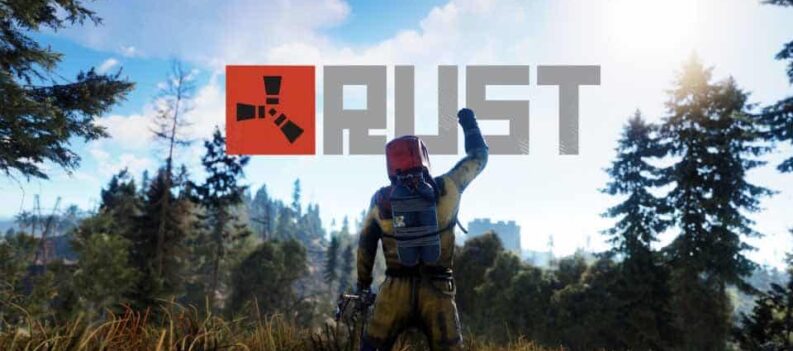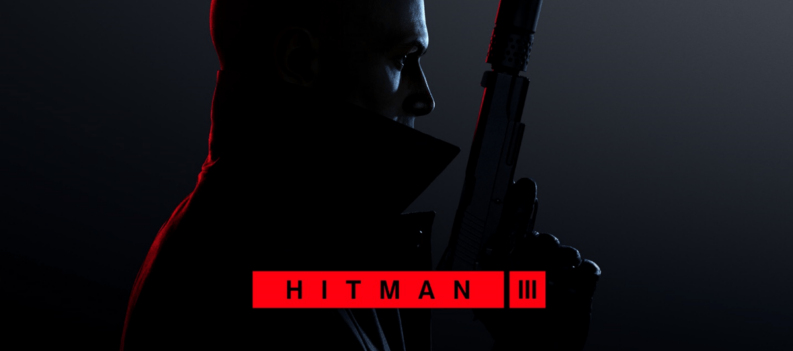I always kind of sigh and give up hope whenever a developer comes out boasting that their game is based on the developer’s native culture or history. Not because I’m a horrible person who can’t appreciate culture or history – I’ve played all the Assassin’s Creed games, I’ll have you know – but because they tend to be… well… kind of crap.
You’ve probably come across them before and thought the same thing. On paper they sound interesting, but they often fall flat when it comes to execution. Thankfully, Mulaka bucks that annoying trend by being an alright game that just so happens to use Tarahumara (Northe Mexico) culture as an interesting setting.
Mulaka puts you in the bare feet of a Tarahumara who must rid the world of evil. No small feat, then, but it’s not all that hard. At least not with a little help from the deities. You’re goal is to show the deities that you’re not a total schmuck so that they’ll agree to give you a helping hand in getting rid of the evil shroud that has befallen the lands. Why wouldn’t they just help you anyway? Because it’s a video game and that’s how logic goes. Nothing is for free.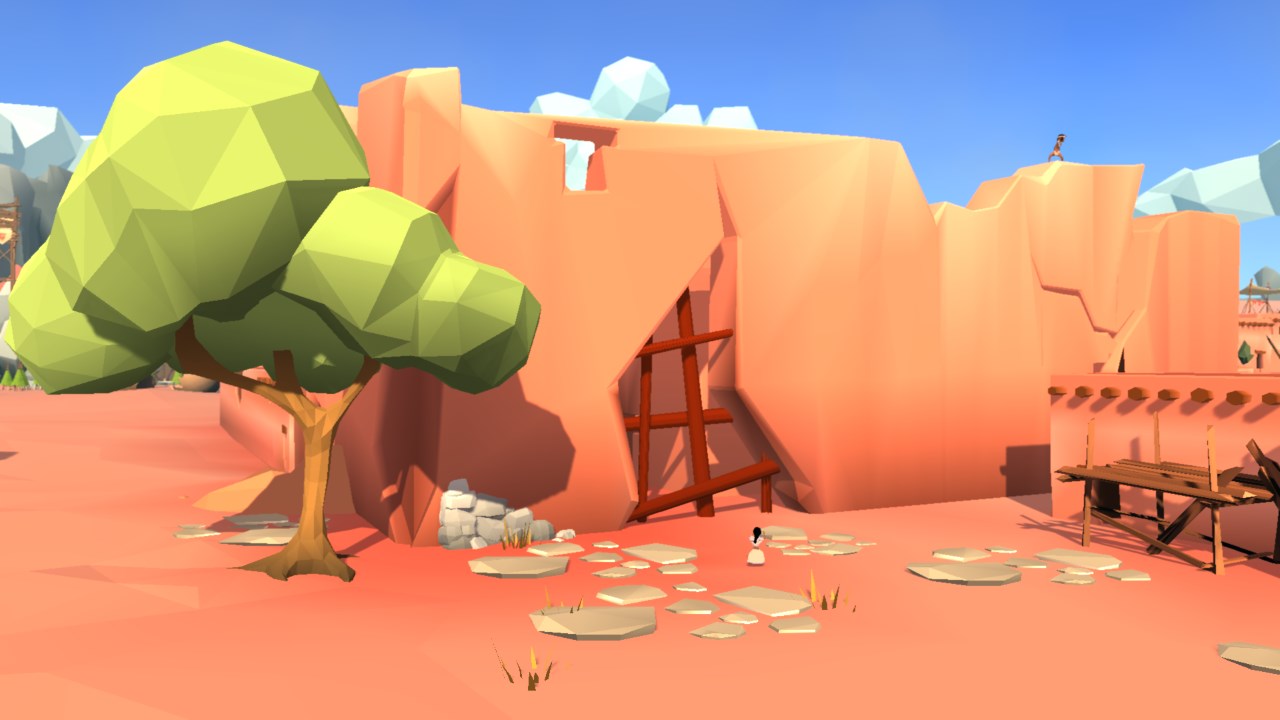
Story wise, I can’t say much about Mulaka. You hit the beats and make progress towards the end goal, but there’s not much exposition; the focus is on gameplay, exploration, and action.
Moving through the game’s various worlds, you’ll come across puzzles, collectables, various enemies, and boss fights that reward you with new abilities once you’ve walked away victorious. It’s not easy, mind you, as the boss battles can test the patience of a saint. It would be fair to say, then, that I got annoyed way too often. And that’s why I work at Pure PlayStation and not at the Vatican.
While I was initially impressed with Mulaka, it didn’t take long for me to start seeing flaws with its overall design.
For one, combat is pretty two-dimensional. Sure, you’ve got upgrades and a shop to visit to boost your skills, but once you’ve upgraded you’re pretty much set. The game’s enemies, outside of the boss fights, are little more than distractions once you’ve found your pace. And combat itself isn’t particularly impressive either. You’ve got the video-game standard light and heavy attacks that have been the norm since the PS2, but you’ve also got some PS2-era stiffness when it comes to animations. It’s a distraction, especially when there are so many games in the same style that manage to do a much better job.
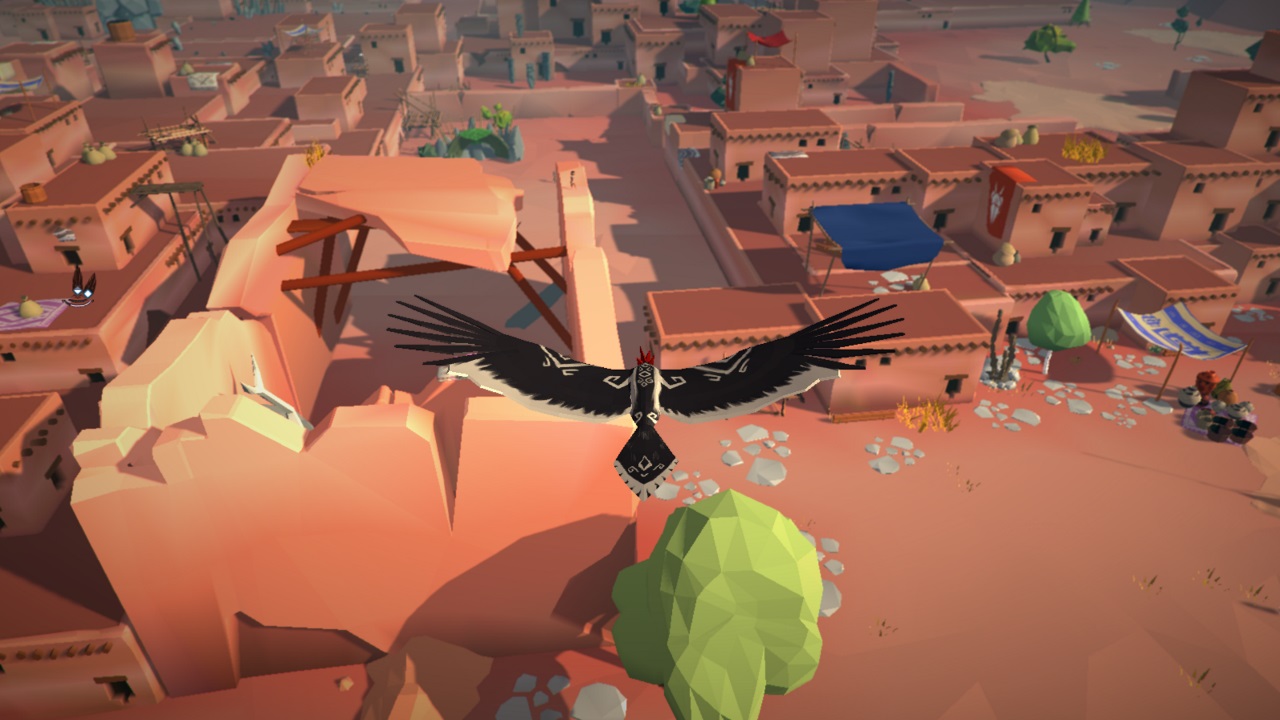
Then there’s the levels themselves and, more importantly, what you need to do within them. To put it simply, they’re just not all that interesting. The low-poly art style at first seems like a nice choice, but once you’ve wandered across a vast, lifeless wilderness once, you’re not going to be inclined to do it again. Which you don’t have to, either, if you take advantage of the game’s own flaws.
You’re granted the ability early on to temporarily transform into a bird. You can see where this is going, right? As a bird, you can fly pretty much wherever you want to. So if you can’t be arsed making the trudge from one location to the next, you can simply fly and bypass any and all requirements for getting to the next area. It’s a pretty glaring flaw but I guess your own honesty will come into play here. I’m a scumbag and I make no effort to hide that, so naturally I cheesed my way through as much of it as I could.
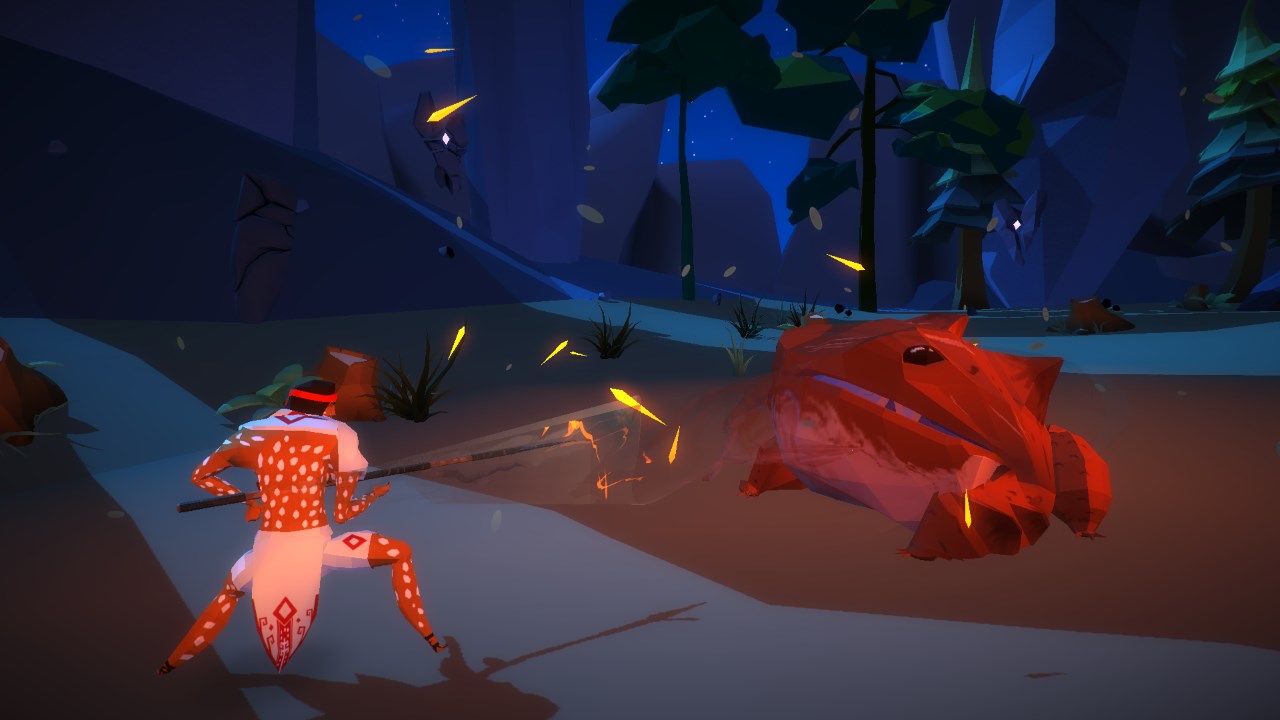
Then there’s the actual tasks themselves. It’s a rinse-and-repeat formula that we all got tired of when Assassin’s Creed was the new open-world kid on the block. In each world you need to collect three crystals. In true video-game fashion, these crystals are blocked by either a puzzle, a bit of platforming, or a fight, then you’ll be up against a boss. The boss battles, as I said before, are the most challenging parts of the game and give a glimpse at what could have been a great adventure. Alas, it wasn’t to be. After you’ve collected your first handful of crystals, you’ll question why you’re bothering to keep going. The motivation just isn’t there with the lack of story.
I can’t say that Mulaka is a great game. But I can’t say it’s a terrible one either. It’s kind of in that middle ground. If you don’t mind the sub-par production values and you’re not averse to some bog-standard combat, then sure, go for it. If you’re used to top-tier animations, varied gameplay and a thrilling tale… Well, you know what to do.
Review Disclaimer: This review was carried out using a copy of the game provided by the publisher. For more information, please read our Review Policy.
Reviewed using PS4 Slim.
